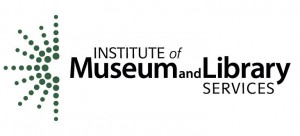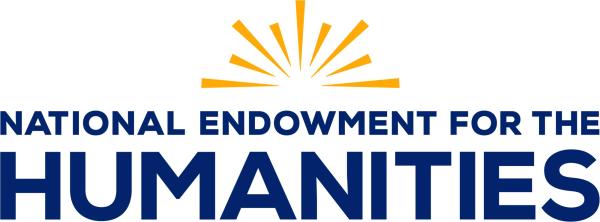I’ve been thinking about this song lately. Not just because I’m a fan of the Muppets and enjoy Ben Folds (although both of these things are absolutely true).
But because keeping up with digital preservation, all of the tech, all of the news, all of the projects is hard.
I just want to acknowledge that. This is hard.
One of the tasks I needed to complete this month was getting information about several projects to add to our Tool Grid. This will be available once it’s complete.
Talk about a very quick lesson in how much there is to know, and how little of it I can keep in my head.
The way our tool grid works is that we divvied up the names of tools, and basically each try to figure out what we can from looking at the website. This should be familiar to anyone working currently in libraries and archives as a practice.
Just as an example, let me talk about a tool called BWF Metaedit, which was on my list.
So far as I can tell, BWF Metaedit is an open source tool that “permits embedding, editing, and exporting of metadata in Broadcast WAVE Format (BWF) files.” It was created by “Federal Agencies Digitization Guidelines Initiative (FADGI) supported by AudioVisual Preservation Solutions.”
So, free to use, and it does a specific task. Great. I’m approaching this as someone who doesn’t work with AV very much; my metadata experience is limited to social media tagging and Archon these days, although I used to be a cataloger way back when. I tried looking at the documentation, and I must say:
This documentation? Not designed for anyone other than a current developer or someone who does coding routinely. Here’s how you set preferences for the software. Here’s a suggested workflow. I think I understood *some* of that one.
Now, my MLS is about *cough* 15 years old now. I took a single scripting class there (PERL, if you’re curious), specifically to give me some chance to be able to parse this kind of information when working with specialists.
I’m feeling very much out of my depth here.
That, I expect, is not uncommon. Nor is the feeling that there just isn’t time and energy and administrative space to learn all of this stuff, even if I wanted to. Which I’m not sure I do, right this second, as this particular tool is less likely to be “my problem” in current library workflows here. It’s not one of the tools we’re looking at closely as one of our more comprehensive solutions, but it’s good to know it exists.
But for the materials that *are* “my problem”? I need to learn “all this stuff” *gestures at the wide world of tech*.
…or maybe I don’t. Maybe I need to learn just what I need to learn. Maybe I need to acknowledge that there will be gaps in my knowledge, and that’s OK. I can develop expertise over time, in the things that are relevant to me, to my collections, to my organization. Just as I did for the rest of my library work. For teaching and bibliographic instruction. For collection development. For exhibits. I’m basically self-taught in many of these areas, going from things I experienced as a student assistant, graduate assistant, library assistant, and patron. Or I just did what I thought was best for the collection based on the information I had, and didn’t exceed my budget.
I did it anyway. Without ALL the information. Just enough.
Digital preservation is no different.
Yes. I live in the fear that Digital POWRR will somehow miss one of the bajillion projects that are out there. It’s really, really hard to get one’s arms around this whole digital preservation problem. I fear that we will not choose wisely for our digital preservation setup, even though we are doing everything in our power to do so. I fear that budget restrictions will force us to select an option that is not the best for us, but what we can afford.
It’s absolutely a risk. One that every organization must take.
We must do it anyway.
Paralysis, or hoping the problem will go away, is not an option. These materials will only grow in number and size, and change. It is better to do something than nothing. Something gets us more options 3-5 years down the road.
Doing nothing ensures that our current crop of cultural heritage professionals will be remembered as the generation that really, really borked the digital revolution and killed our historic legacy just as surely as those people that burned letters and papers in the 19th century.
Which is definitely NOT what I was hoping for.





1 ping
[…] Do it Anyway […]